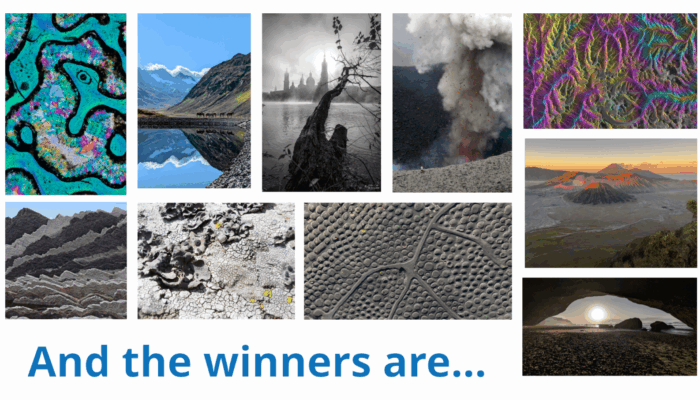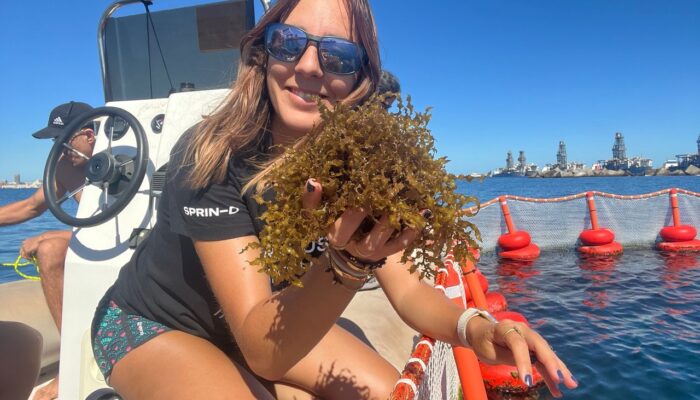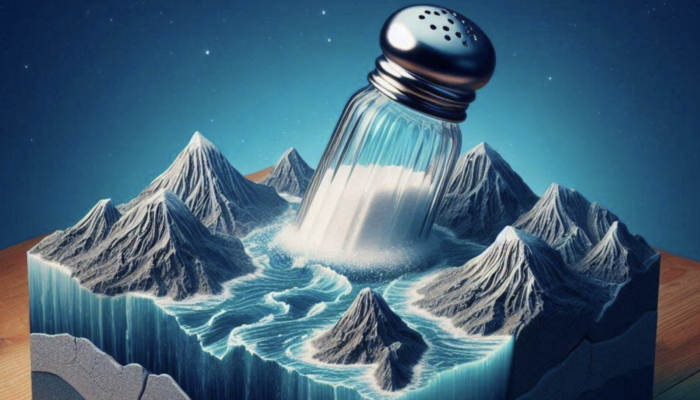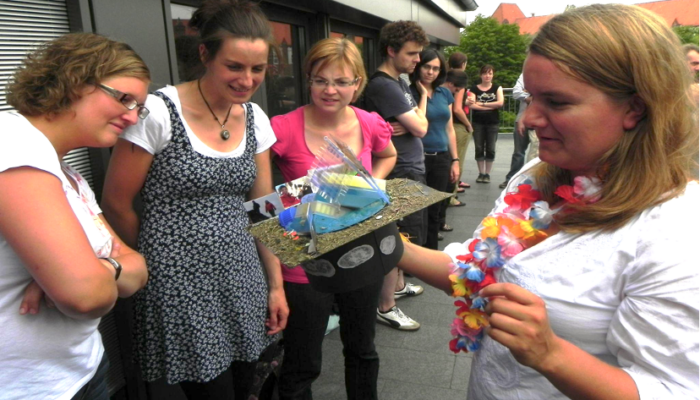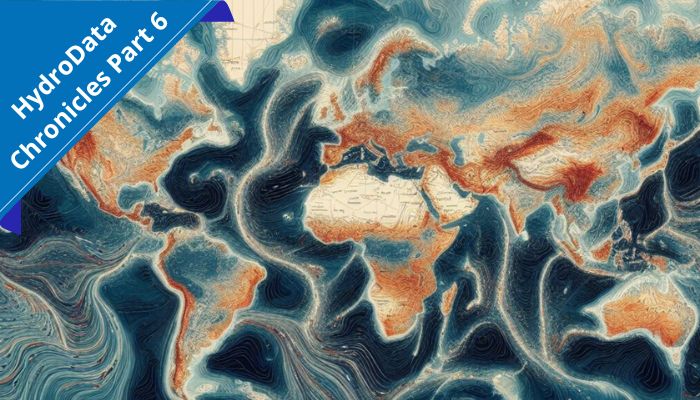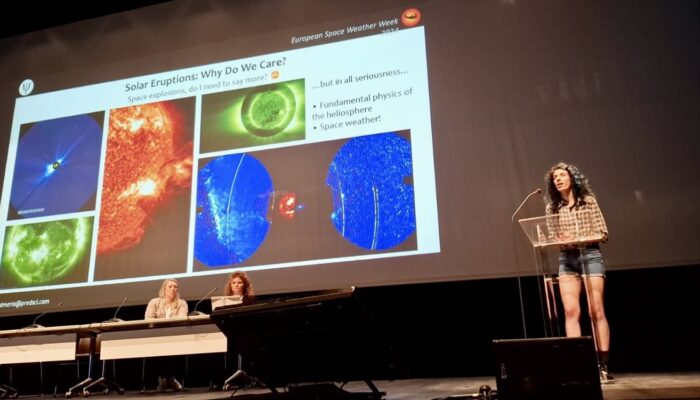The Geneva Science and Diplomacy Anticipator (GESDA) placed human augmentation on a 5–10 year timeline, identifying it as a key area where technological advancement could soon reshape societies. Their GESDA radar platform tracks over 500 emerging science breakthroughs including enhanced cognition, programmable biology, and climate-resilient bioengineering. The foresight is clear: we are entering a ...[Read More]
If you didn't find what you was looking for try searching again.
Geodynamics
Unpacking Energy Resilience: The Role of Holistic Frameworks in Facing Extreme Weather Events and Future Challenges
Have you ever wondered what energy resilience means and how we can prepare for the future while facing extreme weather events? In this week’s blog, PhD Student Spilios Iliopoulos from the Division of Environmental Technology and Management at Linköping University, shares his thoughts about energy resilience and the important role of having in place holistic frameworks, whilst facing extreme weathe ...[Read More]
GeoLog
Congratulations to the winners of the EGU25 Photo Competition!
For this year’s Photo Contest, EGU received a number of amazing images capturing a broad spectrum of the geosciences. Since the selection committee whittled the field down to 10 finalists, you have been voting for your favourites throughout EGU25’s week-long conference, both on-site in Vienna at the EGU booth, and online. After an enthusiastic response from voters, we are now ready -and very ...[Read More]
GeoLog
AI: the good, the bad, and the forgotten
AI is here, and when I say here, I mean e-v-e-r-y-w-h-e-r-e. For all you know, this blog may have been written by an algorithm (it wasn’t — I’m not a robot, promise. Or am I?). In what feels like the blink of an eye, AI has gone from a curiosity to a fully-fledged co-pilot in science (and out of science). It’s generating satellite imagery, helping compute paleo-climate predictions, or writing your ...[Read More]
GeoLog
EGU25 Photo Competition finalists – who will you vote for?
This year’s Photo Competition judging panel did a fantastic job of narrowing down the outstanding photo submissions to the EGU’s Photo Competition to just 10 finalists! The finalist photos are listed below and on the Imaggeo website where you can vote for them from Sunday 27 April until Thursday, 1 May 2025 – voting closes at 18:00 CEST. The three photos with the most votes will be an ...[Read More]
Ocean Sciences
From Academic Research to Start-Up: A Marine Biologist’s Algae Farming Vision
We chatted with a marine biologist about her exciting journey from academia to becoming an entrepreneur. Discover how her algae farm start-up came to life, learn about the concept, achievements, and challenges she faced, future plans, and finally her advice as well as her take on the importance of bridging the two worlds of academia and industry. Dr. Mar Fernández-Méndez is a marine biologist ded ...[Read More]
Geodynamics
Halokinesis: the effect and importance of the most “liquid” rocks in geodynamics
Evaporitic rocks possess unique properties that enable them to form crucial structures for petroleum systems. Salt basins are globally distributed, particularly along the Atlantic margins. Their thermal and mechanical properties can influence the Earth’s crust, altering structural styles and basin architecture, with significant implications for hydrocarbon exploration and geodynamic processes. How ...[Read More]
Cryospheric Sciences
Cryosphere Caps: PhD hats and the researchers that wear them – Episode 2
This miniseries features the tradition of ‘PhD hat’ making in German research institutes and universities. For those of you unfamiliar with this idea (as I once was), this is one of the final milestones a graduate student has before they are officially a “Dr.”. Upon the successful defense of a thesis, the labmates of the PhD student craft a graduation hat from a mishmash of scrap cardboard and mem ...[Read More]
Hydrological Sciences
HydroData Chronicles: Unveiling EStreams – A Comprehensive Hydro-Climatic Dataset for Europe
We’re back to the HydroData Chronicles, where we enter into the exceptionally wonderful world—as massive as it is—of datasets about water phenomena, such as rivers and weather. Today, we focus on ΕStreams, a comprehensive dataset and catalogue of streamflow, hydro-climatic, and landscape data for Europe. This pioneering initiative fills the hydrological data availability gap, offering an inv ...[Read More]
Solar-Terrestrial Sciences
Meet Erika Palmerio, the 2024 Outstanding Early Career Scientist Awardee of the Solar-Terrestrial Division!
Congratulations on receiving the EGU 2024 ST Division Outstanding Early Career Scientist Award for your exceptional research in analyzing complex solar transients and their effects on space weather. What does this recognition mean to you personally, and how does it impact your work in this fascinating field? Thank you so much! Receiving an award from EGU is of particular significance to me, since ...[Read More]



